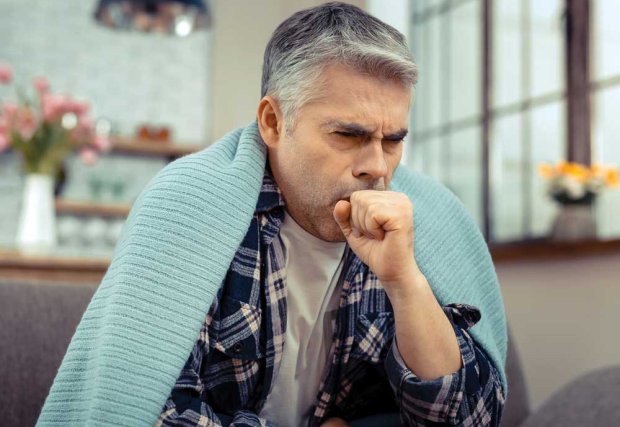Pneumonia is an infection in the lungs, and there are different types of it. Anyone is susceptible. However, for babies, children and older adults, it can become very serious, even deadly. Lora Vaverka, APRN-CNP, shares information on symptoms, causes and appropriate treatment.
Q: What are the different types of pneumonia?
The most common type is community-acquired pneumonia. It is not something you would catch by being in a hospital and can be caused by bacteria, fungi or viruses. Healthcare-associated pneumonia occurs as a result of living in a nursing home or being hospitalized. This type can be more severe because your immune system may already be compromised and be more resistant to medications.
Q: What are the symptoms of pneumonia?
In bacterial pneumonia, symptoms in healthy people 65 and younger can occur suddenly, often after an upper respiratory infection or cold. The person may have a cough with mucus, a fever, the chills, chest wall pain when breathing in or coughing, weakness and a rapid heartbeat. Viral pneumonia can be milder, and many people don’t even realize they have it because they don’t feel sick; however, they may have a cough with some mucus, a fever or shortness of breath.
Q: How is pneumonia treated?
The treatment depends on the type of pneumonia you have, your health and your age. Antibiotics are usually prescribed for bacterial pneumonia, and over-the-counter cough medications, acetaminophen or ibuprofen can be taken as needed for relief. For those with compromised immune systems or other health issues, hospitalization may be required to prevent or address complications such as increased fluid buildup in the lungs.
Q: Is there any way to prevent pneumonia?
Yes, if you smoke, stop since that can increase your risk of getting pneumonia. Limit contact with people who have respiratory tract infections, the flu or severe colds. If you are 65 and older, check with your doctor who may recommend two different pneumococcal vaccines, especially if you have a chronic health condition. Most importantly, wash your hands frequently as it can help prevent spreading bacteria and viruses.

